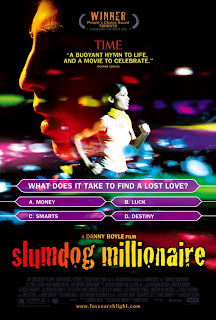
“Thou shalt not bear false witness against thy neighbor”
An ethics professor, Zofia, is confronted by a woman from her past. The woman, Elizabeth, is a Jew who, almost half a century earlier, sought shelter from Zofia during the Holocaust. At that time a newly wedded Zofia and her husband turned the girl and her guardian away because of fears of being turning in to the authorities.
This is a story that carries much of its emotional weight in the past, prior to the events seen on screen in the present day. It focuses on forgiveness and moral equivalence by contrasting the current era’s ethical principles with those from the past which sometimes were very different.
Another man, a tailor by profession, doesn’t want to make peace with the past. He’s estranged from his friends and his plight is contrasted with Zofia’s attempt to make amends and address her previous actions. Zofia describes God as “He who is in all of us” as the two women share a final embrace while the tailor gazes at them from afar (implying that he will never share that feeling).
As the citizen philosopher Martin Buber wrote in “I and Thou,” God is found in the embrace and in the air people breathe.
___________________________________
I will leave you with some words from Kieslowski himself…
“… if there is anything worthwhile doing for the sake of culture, then it is touching on subject matters and situations which link people, and not those that divide people. There are too may things in the world which divide people, such as religion, politics, history, and nationalism. If culture is capable of anything, then it is finding that which unites us all. And there are so many things which unite people. It doesn’t matter who you are or who I am, if you tooth aches or mine; it’s still the same pain. Feelings are what link people together, because the word “love” has the same meaning for everybody. Or “fear,” or “suffering.” We all fear the same way and the same things. And we all love in the same way. That’s why I tell about these things, because in all other things I immediately find division.”
And this from a noted film writer…
“Far from being morality tales, these short stories are in a sense closer to parables – at least they are as confounding and strange as Jesus’ parables were to his first hearers. Their achievement, in part, is to throw the viewer off balance, to unsettle, to leave one pondering rather than to convince.”













